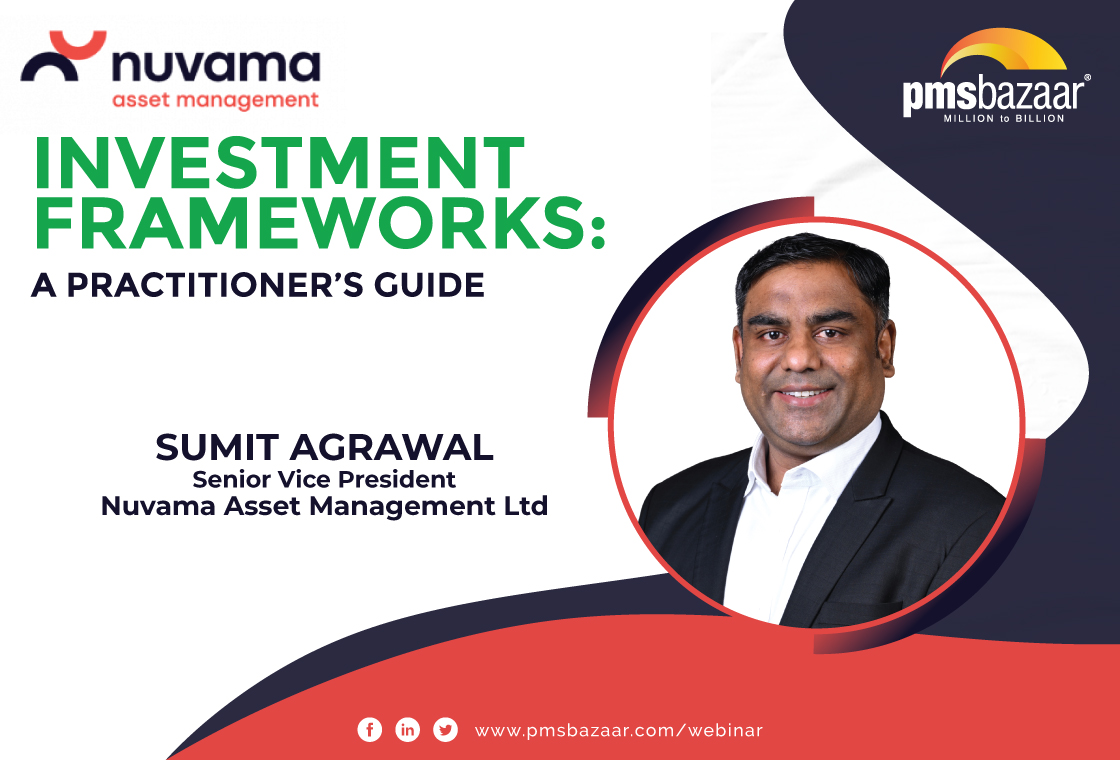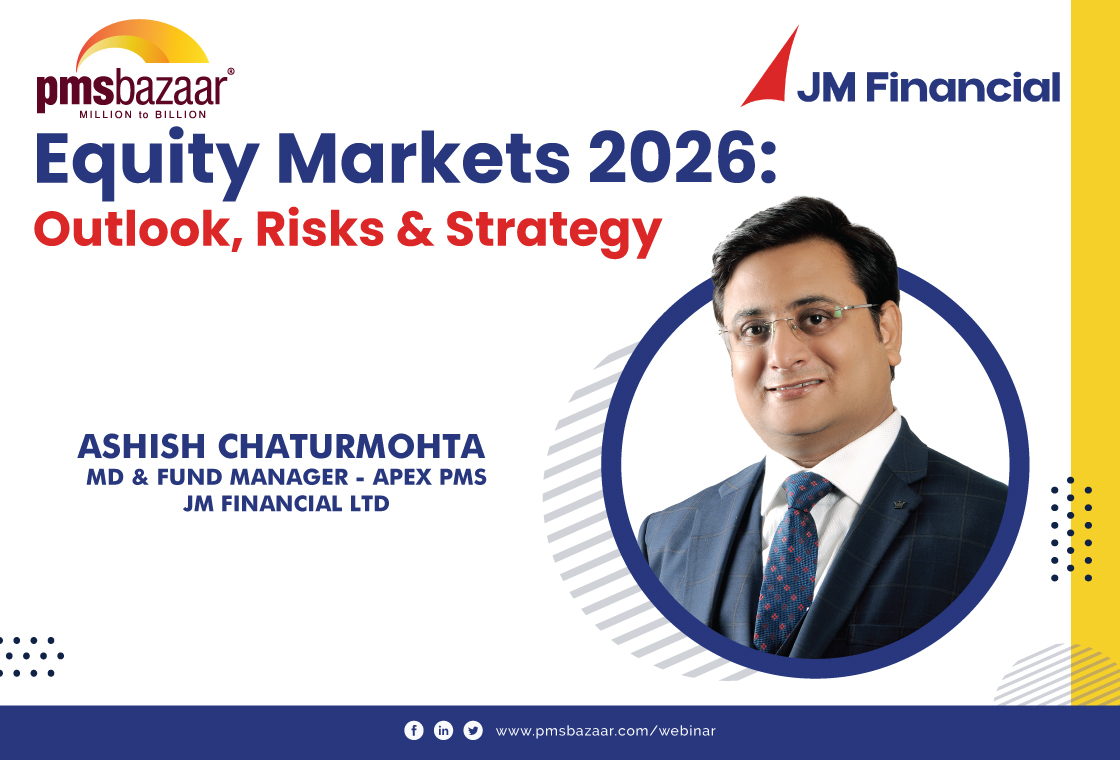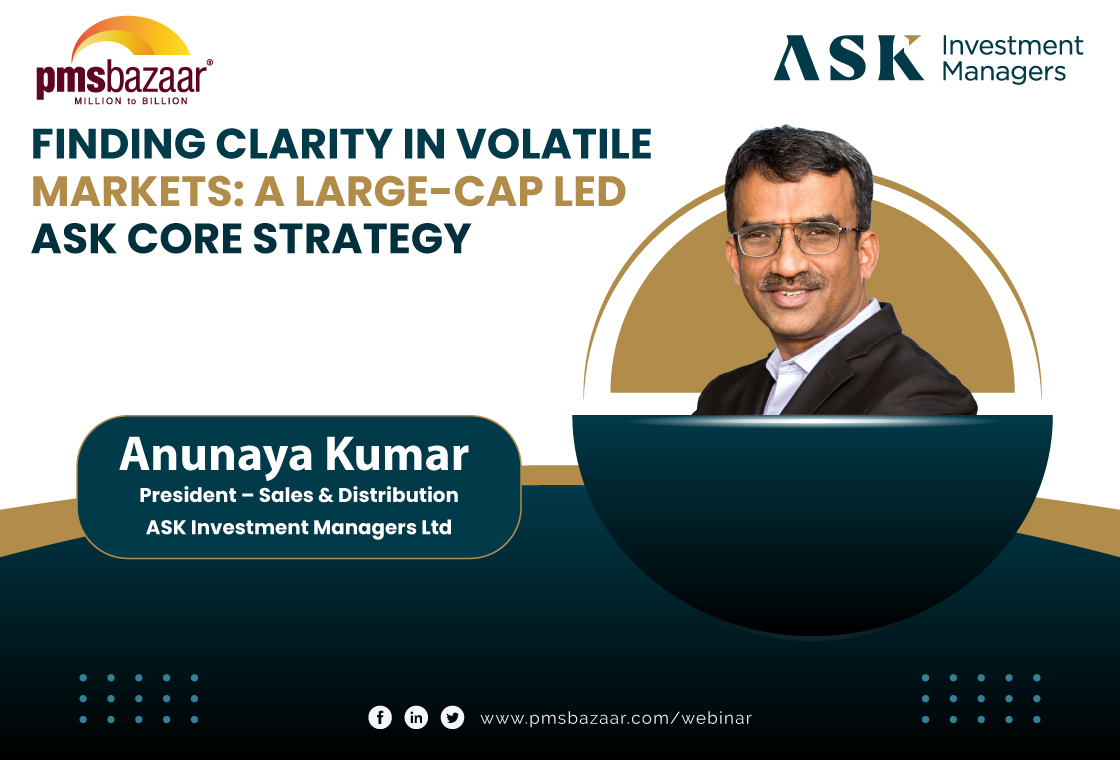This blog covers the challenges faced by distributors in the PMS Industry and the possible solutions for the same.

A panel
discussion held at the APMI Conference on July 4, 2024, shed light on the
critical role distributors play in the Portfolio Management Services (PMS)
industry, the challenges they face, and potential solutions to empower them and
unlock further industry growth.
The panellists include:
Dhruv Mehta,
Foundation of Independent Financial Advisors
Ramanan
Venkateswaran, Pygmalion Renaissance Pvt Ltd
Ashish Shankar,
Motilal Oswal Private Wealth Management
Moderator: Saurabh
Mukherjea, Vice Chairman, APMI Board
The panellists
emphasised that distributors are not mere salespeople but serve as critical
intermediaries in the PMS industry. They bridge the knowledge gap between
sophisticated PMS solutions and the needs of high-net-worth individuals (HNIs)
and ultra-HNIs, many of whom may be unfamiliar with the nuances of PMS.
Distributors educate investors on the benefits and risks of PMS, help them
compare different PMS products and managers, and guide them towards solutions
that align with their investment strategy and risk appetite.
The panellists
highlighted the diverse nature of the distributor ecosystem, with
representation from large and smaller players, each catering to a different
segment of the investor base.
Despite the growth potential, the panellists acknowledged significant challenges the distributors encounter. They stated that there is a need for standardisation. Unlike the more mature mutual fund industry, the PMS industry in India suffers from a lack of standardisation in several critical areas. This includes documentation where PMS agreements, risk profiling questionnaires, KYC forms, and other documents vary significantly across providers, leading to a complex onboarding process for distributors and clients.
Second, while
not explicitly stated, the panellists hinted at a lack of transparency and
potential inconsistencies in fee structures across PMS providers, creating
complexity for distributors and investors seeking clarity on costs.
The highlight
of the discussion was the slow pace of digitisation. A significant portion of
the PMS onboarding process remains offline, relying on physical documents and
manual processes. This reliance on paper-based systems creates several pain
points. It involves multiple back-and-forths with clients and PMS providers. Thereby,
creating administrative burdens and limiting the number of clients that distributors
can efficiently onboard. Also, the slow adoption of digital tools hinders the
industry's ability to reach a wider investor base, especially tech-savvy
investors who prefer digital-first interactions.
The panel
discussion suggested several measures to address these challenges and empower
distributors. The industry could create standardised documents, that would
significantly streamline the onboarding process and reduce the administrative
burden on distributors.
Also, transitioning
to a fully digital onboarding process, similar to what exists for mutual funds,
would enhance efficiency and client experience. This includes enabling digital
signatures, automating data capture and verification processes, and integrating
different stakeholders onto a single platform.
There were a
few points discussed on data transparency and accessibility. Providing
distributors with real-time access to standardised data on PMS performance,
portfolio holdings, and other relevant metrics would enable them to make
informed recommendations and provide better client servicing.
There were calls for the regulator to play a more active role in driving these changes. This could involve mandating certain standards, streamlining regulations, better transparency, and promoting a more technology-enabled ecosystem. As such embracing these changes not only benefits the distributors but also strengthen the PMS industry in India, so it can continue its impressive growth trajectory.
This was the
summary of the panel discussion on Family Offices and PMS industry trends held
at the APMI Conference on 4 July 2024.
Recent Blogs

January Rout, Extreme Dispersion: PMS Returns Swing From Losses to Gains
Benchmark falls deepened losses, but multi-asset and debt cushioned portfolios meaningfully

Investment Frameworks : A Practitioner’s Guide
PMS Bazaar recently organized a webinar titled “Investment Frameworks: A Practitioner’s Guide,” which featured Mr. Sumit Agrawal, Senior Vice President, Nuvama Asset Management Limited. This blog covers the important points shared in this insightful webinar.

Aurum Multiplier Portfolio - Where Small and Mid-Cap Alpha Meets Large-Cap Stability
PMS Bazaar recently organized a webinar titled “Aurum Multiplier Portfolio - Where Small and Mid-Cap Alpha Meets Large-Cap Stability,” which featured Mr. Sandeep Daga, MD& CIO, Nine Rivers Capital and Mr. Kunal Sabnis, Portfolio Manager, Nine Rivers Capital. This blog covers the important points shared in this insightful webinar.

Flat Markets, Wide Outcomes: How 484 PMS Strategies Performed in Dec 2025
December 2025 was a month where market returns stayed close to flat, with the Nifty 50 TRI at -0.28% and the BSE 500 TRI at -0.24%.

Equity Markets 2026: Outlook, Risks and Strategy
PMS Bazaar recently organized a webinar titled “Equity Markets 2026: Outlook, Risks and Strategy,” which featured Mr. Ashish Chaturmohta, MD & Fund Manager – APEX PMS, JM Financial Limited. This blog covers the important points shared in this insightful webinar.

MICRO CAPS: The Dark Horses of the Indian Equity Market
PMS Bazaar recently organized a webinar titled “MICRO CAPS: The Dark Horses of the Indian Equity Market,” which featured Mr. Rishi Agarwal and Mr. Adheesh Kabra, both Co-Founders and Fund Managers, Aarth AIF. This blog covers the important points shared in this insightful webinar.

Finding Clarity in Volatile Markets: A Large-Cap Led ASK CORE Strategy
PMS Bazaar recently organized a webinar titled “Finding Clarity in Volatile Markets: A Large-Cap Led ASK CORE Strategy,” which featured Mr.Anunaya Kumar, President – Sales and Distribution ASK Investment Managers Limited. This blog covers the important points shared in this insightful webinar.
.jpg)
Passively Active Investing — A Modern Investor’s Lens on ETF-Based PMS
PMS Bazaar recently organized a webinar titled “Passively Active Investing — A Modern Investor’s Lens on ETF-Based PMS,” which featured Mr. Karan Bhatia, Co-Founder and Co-Fund Manager , Pricebridge Honeycomb ETF PMs. This blog covers the important points shared in this insightful webinar.

